LPAC Action Network Polling – Gen Z and Millennial LGBTQ Women in Democracy
2023 LPAC Action Network Research project: Gen Z and Millennial LGBTQ Women in Democracy
What Needed to Be Addressed:
According to past Project LPAC Research, younger LGBTQ women regularly take civic actions like attending marches, expressing opinions about events on social media, and contacting their elected representatives. They are deeply engaged around issues like LGBTQ rights, reproductive health, climate change, and addressing racism. Despite their enthusiasm around taking these actions and engaging with important issues, they are less likely than older LGBTQ women to say that they will vote in elections.
Younger people are increasingly becoming an important voting demographic – Gen Z and Millennials will be the largest voting bloc in 2028 – however, no research had been done to develop a comprehensive understanding of the motivations of LGBTQ women between the ages of 18-35.
National Survey:
To better understand what moves younger LGBTQ women, Project LPAC fielded a national survey with Lake Research Partners to examine the ways to engage under-targeted LGBTQ youth for community participation. Based on prior Project LPAC surveys, this was a major opportunity to look at how democracy connects to their interests.
This research aimed to understand this community as a whole. Survey respondents were not limited to registered voters. The survey was 13 minutes long.
Key findings from this project are below. You can view a comprehensive research deck here.
Key Findings Among LGBTQ Women:
Younger LGBTQ women are a growing share of the electorate and overwhelmingly favor Democratic candidates.
Younger LGBTQ women also are strongly committed to progressive change on issues like racism, abortion, and gun control.
Younger LGBTQ women are not being communicated with. They believe that older generations don't prioritize the issues that matter to young generations.
Younger LGBTQ women are somewhat unmotivated to vote.
Despite this, they are not cynical. They believe in change and want to see it.
Issues matter immensely. The top issues that young LGBTQ women want to see elected officials address are gun violence, inflation and rising prices, abortion access, LGBTQ equality, racism, the environment and climate change, and health care access.
While issues matter, political personalities and process do not matter to this cohort.
Social media, especially TikTok, is the primary media source that young LGBTQ women use most frequently for information.
Generally, and in their own lives, they see social media playing a big role in visibility of issues or events. Social media plays less of a role in education.
Comparing LGBTQ Women to Other Young Adults:
Young adults excluding LGBTQ women are comprised of 49% straight and cisgender women, 41% straight and cisgender men, 6% LGBTQ men, 1% LGBTQ and nonbinary, and 2% other men.
Young adults excluding LGBTQ women are slightly less likely than young LGBTQ women to report being registered to vote but are similar in their likelihood to vote and their motivation to vote.
Young adults excluding LGBTQ women are slightly more cynical about the status quo prevailing.
Young LGBTQ women are more intensely concerned than other young LGBTQ adults about policies related to abortion and reproductive health, LGBTQ rights, and gun safety.

